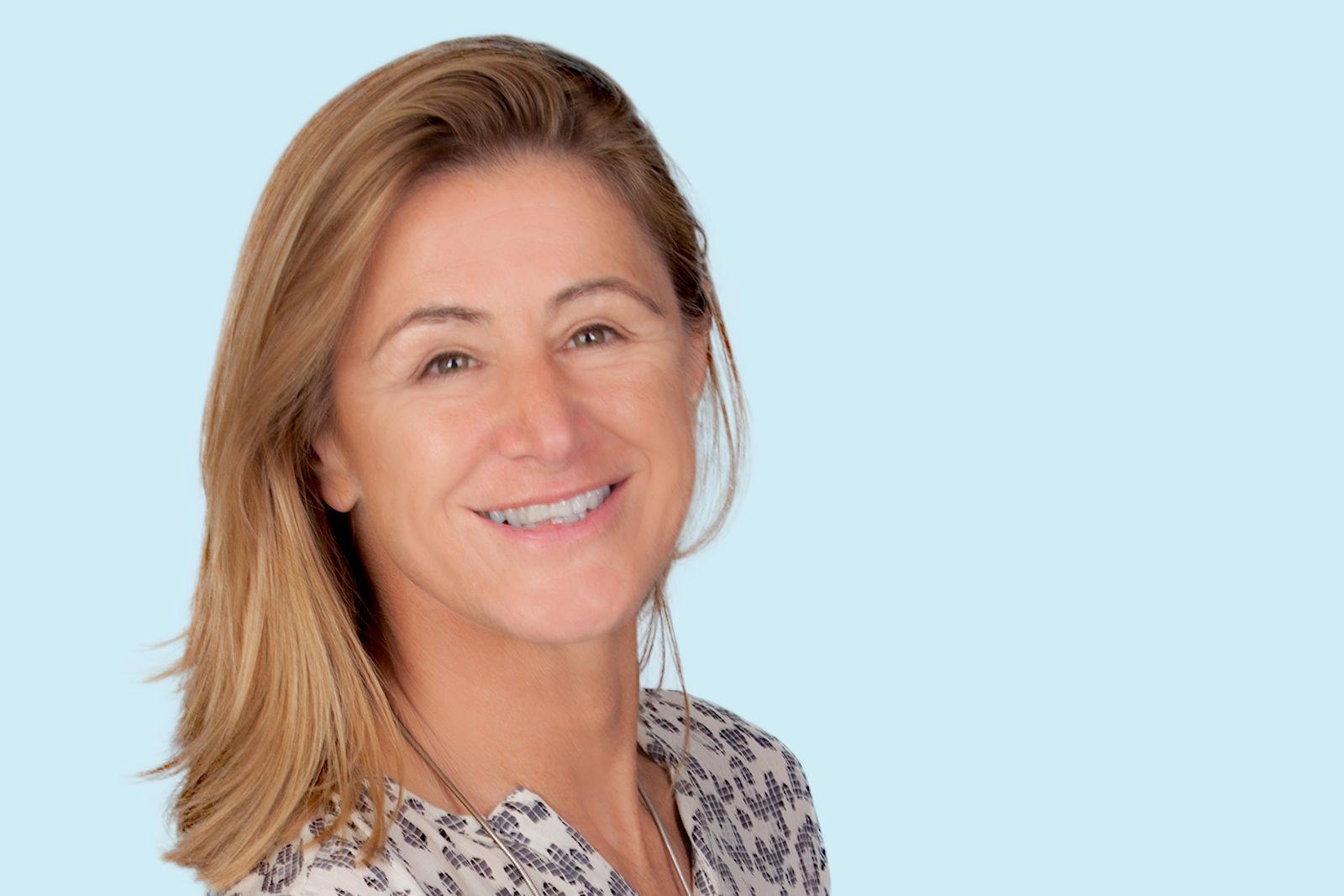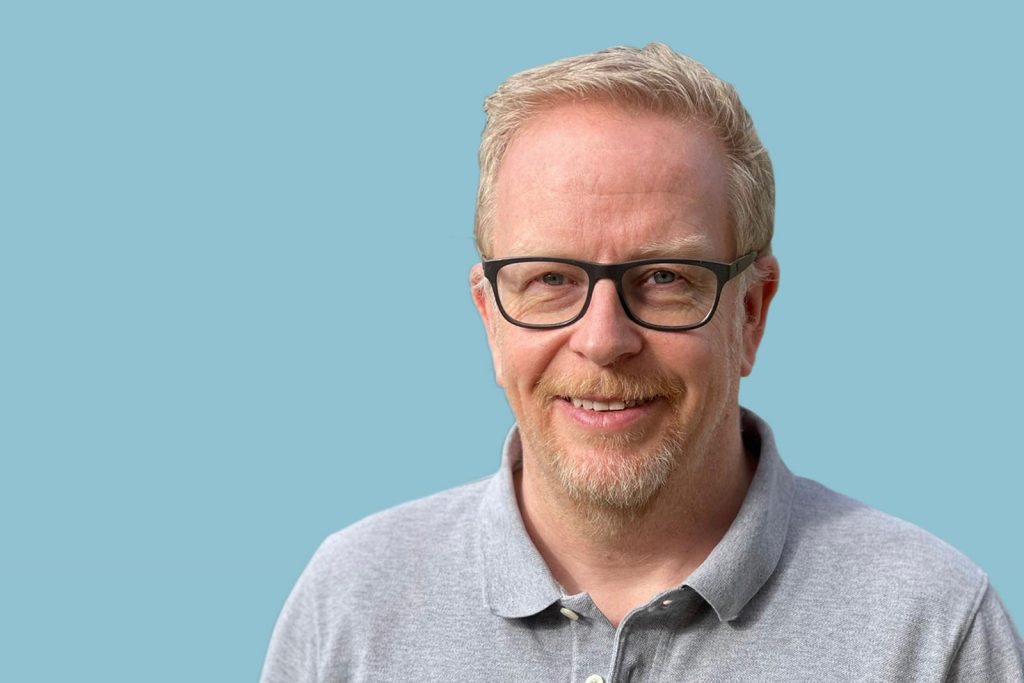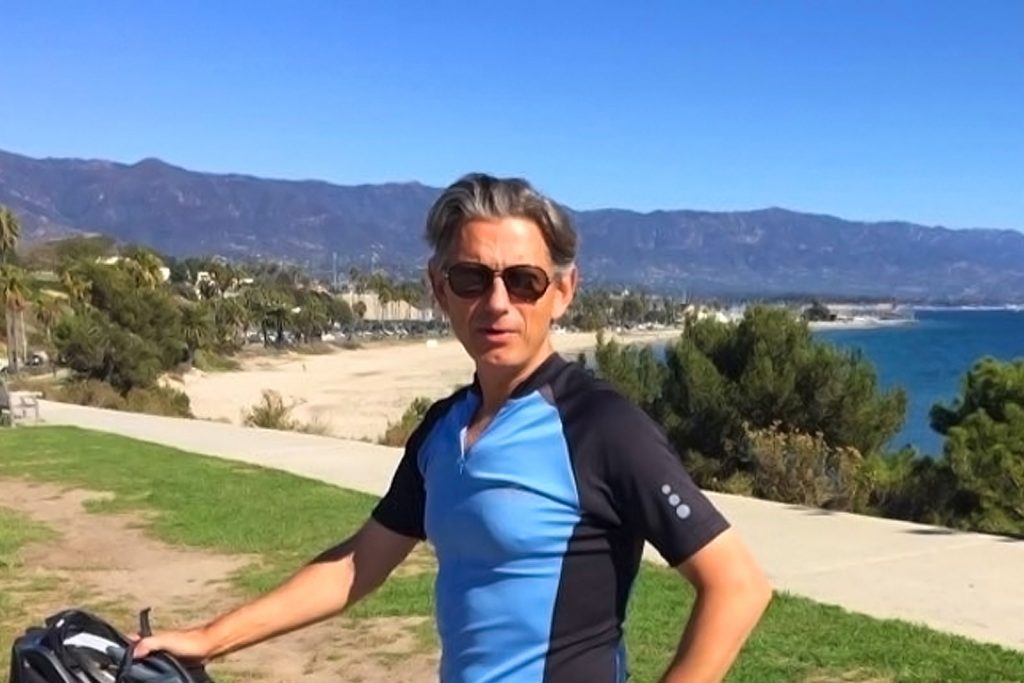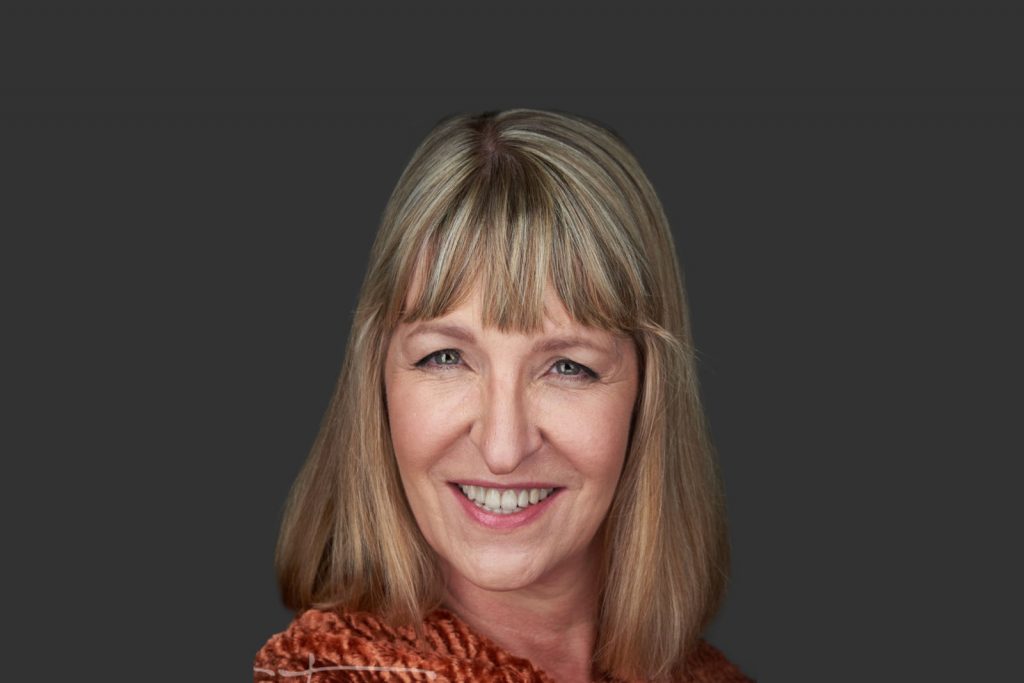When a 2-year project turns into an 18-year career, you know you have found your corporate home away from home. Tina Atkinson spent almost 20 years at Cathay Pacific Airways working out of their Hong Kong HQ. After leaving, she combined her experience in brand and product marketing with her interests in mental health and wellbeing to run her own villa retreats in Thailand. Now, a year into the COVID-19 pandemic, the impact on her business has brought on new challenges and powerful lessons for those looking to take their first steps in the tourism industry.
1. You started your career at Cathay Pacific Airways and spent almost 20 years there. What was that experience like and what drove you to eventually make the leap to other ventures?
I joined for a 2-year project and stayed 18 years – says it all. I loved that company. The only truly global brand “managed” out of a Hong Kong HQ; it was a privilege to work there.
I was offered a vol redundancy on the back of a restructure that I ran. Although I had been given a job heading another restructure, I legally had to be offered redundancy which I took because otherwise I would never have left. My son, who was 10 years old, was going to boarding school in the UK that year and it was a good time to focus on kids. I found their needs greater as they got older and less able to expect my live-in help to manage them.
2. You currently manage your own property of villas in Thailand, you have done property investment consulting, you have worked in the non-profit sector as well… Tell us a bit more about your journey and how you have combined all your different interests in your businesses.
I was scared when I left CX and had to quickly find a way to validate myself. I was nervous to be labeled a housewife and I wanted to remain relevant to the workforce. An ex-CEO of CX told me “corporate memory is very short”. So, I decided to start managing my own assets, took over marketing of mine (and other) villas, built a new villa brand, introduced more corporate and eventually wellness retreats. This played to my background in brand and product marketing.
I tripled the revenue and then focused on building the retreat brand because it was interesting – let’s say, a passion. I ran Chaitalay retreats for 10 years on a non-profit basis (all costs covered), and we morphed from fitness to wellness and wellbeing over the years, with a strong focus on mental wellbeing. I was focused on a journey to purpose but using my own assets, aligning profit with purpose.
The interest in mental wellbeing was due to my own experience with family members. I invested heavily in my knowledge and became an unsung expert on this before it became mainstream to talk about mental health.
I launched the Shared Value Project Hong Kong in 2018. The CEO appointed was a friend and had witnessed my journey. I was hired to run partnerships and programmes. I looked after 8 multinationals, and we started a Hong Kong-wide initiative around mental health.
3. Throughout all your ventures, you have been living in Hong Kong. What initially drew you to this city?
Yes, I was working in Bangkok in 1989-1993, with Saatchi. British Airways was a client. I had always wanted to work for an airline but didn’t want to do the grad program. I ran BA’s loyalty programs in Asia. I was hired by CX to launch their first Frequent flyer program in 1993 and then moved to Hong Kong.
4. What’s the best thing about living in Hong Kong and what do you miss most about your home in the UK?
My HKG is sailing, oceans, hills, beautiful scenery, outdoor life…not many people realize that. 80% of HK is not built on (the bit you see is just a fraction of HK).
About UK, I cannot think of a single thing I’m afraid.
5. The pandemic has had such a vast impact all over the world. How has your business been impacted and how have you shifted to face this new challenge?
My business is shut. Thailand shut in March last year, so my villas are shut, there are no subsidies for my staff and no First World furlough schemes. Hundreds of bankrupt hotels, thousands of people laid off without severance. No paying customer since March last year and probably none until Q4 of this year. It has been horrible, and I cannot build this business online.
I have worked on managing costs, managing my own costs, building my skill sets, and focused on my hobbies. Workwise I have done nothing at all. I had always aimed for as many variable costs as possible and I have cut all those. I am staying afloat using assets/savings. I found one long stay guest from Bangkok who wanted to escape COVID in the city, and he helps cover some costs, but not all.
6. Finally, given your vast experience in the tourism industry, what advice do you have for other aspiring entrepreneurs in the travel sector right now?
Don’t be overdependent on a single sector.
Don’t be overdependent on income from a single sector.
Ringfence your business from your personal assets.
Don’t overextend.
Have 18 months cash flow to support yourself/business or face losing it.
No matter what the contract says, you are expected to behave as provider and the customer has more rights than you do, even if they don’t.



